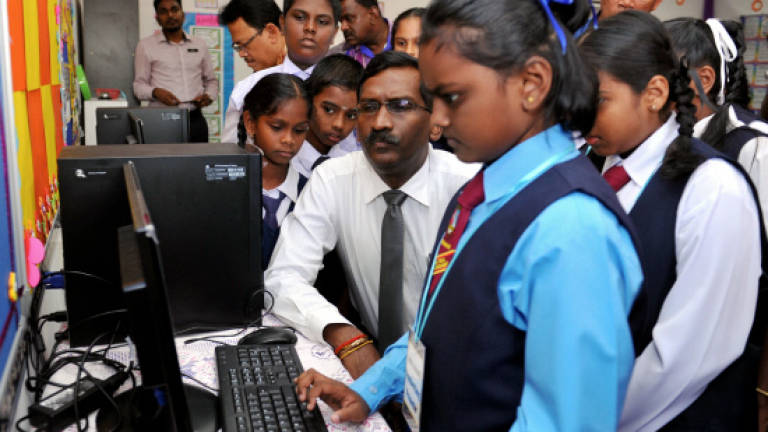Throughout our history, Malaysia has been home to the proverbial melting pot of different cultures and heritages. The combined histories of multiple diaspora groups over the many years have formed a unique tapestry of what we know to be the country we live in today, united as one regardless of differences in ethnicity, race, or religion. Despite that, the existence of vernacular schools meant to help educate the children of diaspora minorities in the country continues to be a hot-button topic.
Chinese and Tamil vernacular schools ruled constitutional and legal
And not too long ago, this issue came to light once more when the Islam Education Development Council, Gabungan Pelajar Melayu Semenanjung (GPMS), and Confederation of Malaysian Writers Association (GAPENA) filed a lawsuit, expressing their intention for the government to abolish vernacular schools in Malaysia. According to Malay Mail, the groups allege that vernacular schools were in violation of Article 152(1) of the Federal Constitution which states the Malay language as the national language of Malaysia.
This is in addition to further claims including:
- Sections 2, 17 and 28 of the Education Act 1966 that permitted the use of Mandarin and Tamil as teaching medium had violated the Federal Constitution
- The existence of vernacular schools had violated Articles 5 (the right to a dignified life), 8 (equality), 10 (freedom of speech, assembly and association), 11 (freedom in religion), and 12 (rights in respect to education) of the Federal Constitution

However, it has been reported by Free Malaysia Today that the High Court has since ruled against the groups and reiterated that the use of Mandarin and Tamil in vernacular schools is indeed constitutional.
Vernacular schools do not infringe upon the rights of others
The suit, which was presided by Judge Mohd Nazlan Mohd Ghazali, also states that the existence of over 1,800 vernacular schools serving over 500,000 students across the country is completely legal and constitutional.
“These schools are not public authorities as defined in the Federal Constitution to use Malay as the medium of instruction,”
“In any event, it has not been shown in what manner the establishment and existence of the vernacular schools have violated the fundamental liberties of any person guaranteed in the said Articles.” he said after dismissing the suit that was earlier filed.

Judge Mohd Nazlan further adds that one should refer to both pre- and post-Merdeka laws as well as the Constitution that has clearly detailed provisions to safeguard both the existence of vernacular schools and the use of their respective languages. As enrolment into vernacular schools is done by choice, it is difficult to suggest that both the establishment and existence of Chinese and Tamil schools will infringe upon the rights of anyone under the Federal Constitution.
The plaintiffs have also failed to clearly demonstrate how the existence of vernacular education had infringed on their personal liberties.
13 defendants were named in the suit, among which includes the Education Ministry, the Minister of Education, as well as political parties such as MCA, MIC, Gerakan and Parti Bumiputera Perkasa Malaysia, among a handful of pertinent groups.
For more news like this, follow us on Facebook!









